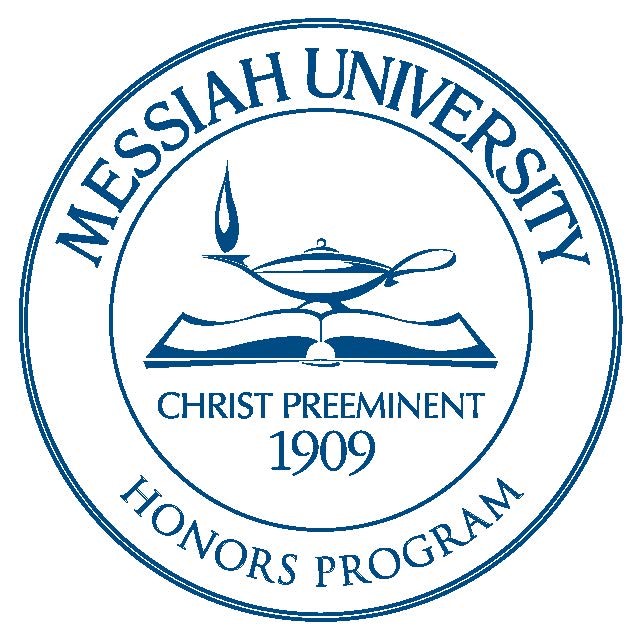Date of Award
5-18-2019
Document Type
Thesis
Degree Name
Bachelor of Science (BS)
Department
Biological Sciences
First Advisor
John F Harms
Abstract
Pancreatic ductal adenocarcinoma (PDAC) is the fourth leading cause of cancer-related death worldwide. It is promoted by multiple cellular signaling events. Gastrin, a hormone that regulates several aspects of gastrointestinal physiology and maintenance of the gastrointestinal mucosa, is abnormally expressed in pancreatic cancer cells and promotes PDAC growth. Its effects are chiefly mediated through the seven membrane-spanning G protein-coupled receptor CCK2R. Upregulation of CCK2R and the cancer-associated splice variant, CCK2i4svR, have been shown to contribute to tumorigenicity, with the latter promoting increased tumor aggressiveness. Our lab has previously reported the development of monoclonal antibodies specific to CCK2R and CCK2i4svR. However, immunofluorescence and Western blotting detection were achieved in cells transiently transfected with these receptors, and detection at physiological levels and in stable transfections has proven difficult. As such, sensitivity of these monoclonal antibodies has not been determined. To fully characterize these antibodies and develop accurate receptor quantification, we report development of a plasmid encoding a fusion of enhanced green fluorescent protein (EGFP) to the C-terminus of CCK2R/CCK2i4svR under the constitutive control of a beta-actin promoter with CMV-enhancers (pCAGEN.neo). This positive-control fusion protein will enable determination of antibody sensitivity and selectivity and additionally permit in vitro tracking of receptor subcellular localization.
Recommended Citation
Le, Vinh, "Cloning a Fluorescent Fusion Protein for Detection and Localization of the Gastrin Receptor" (2019). Honors Projects and Presentations: Undergraduate. 191.
https://mosaic.messiah.edu/honors/191


